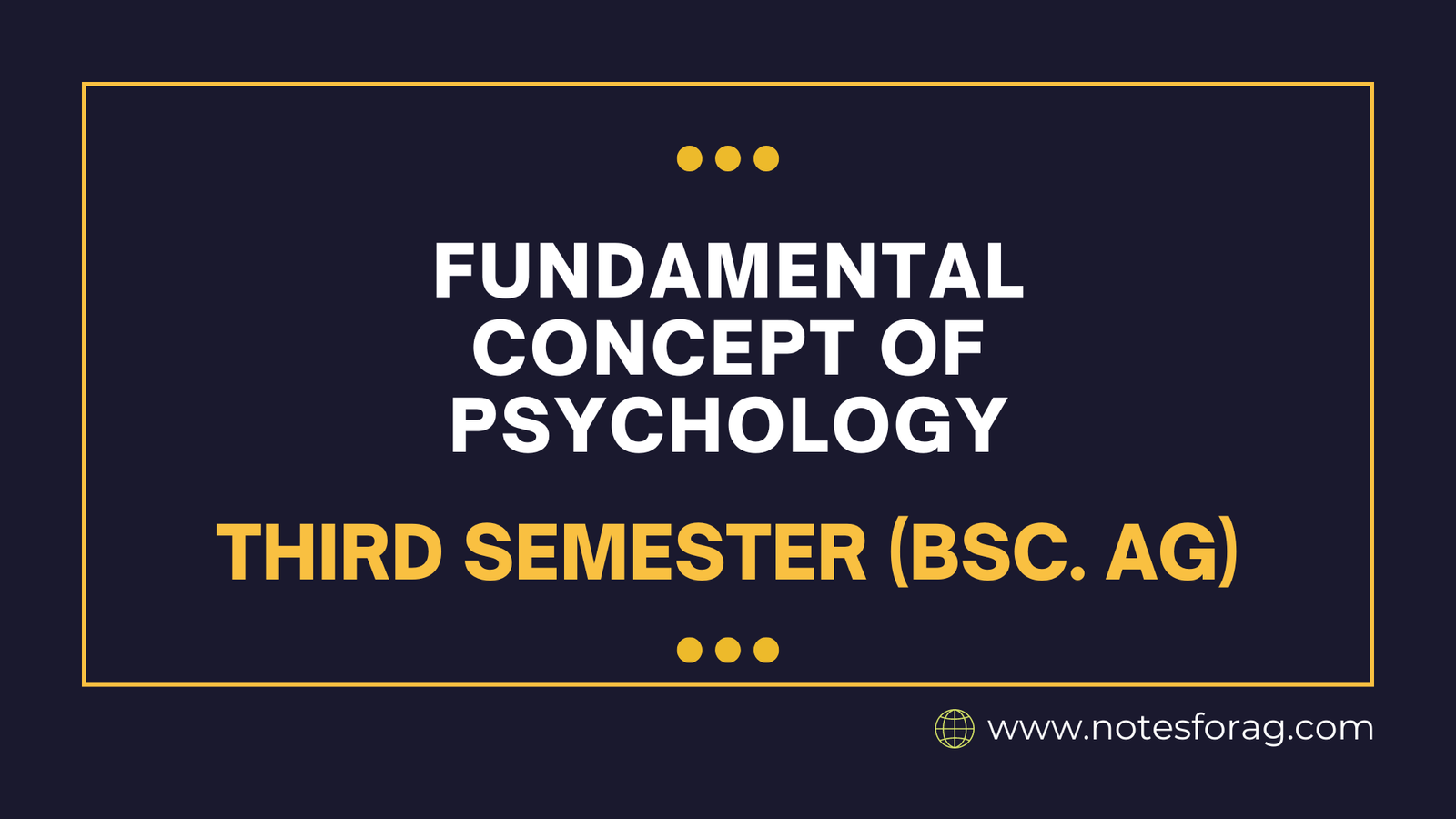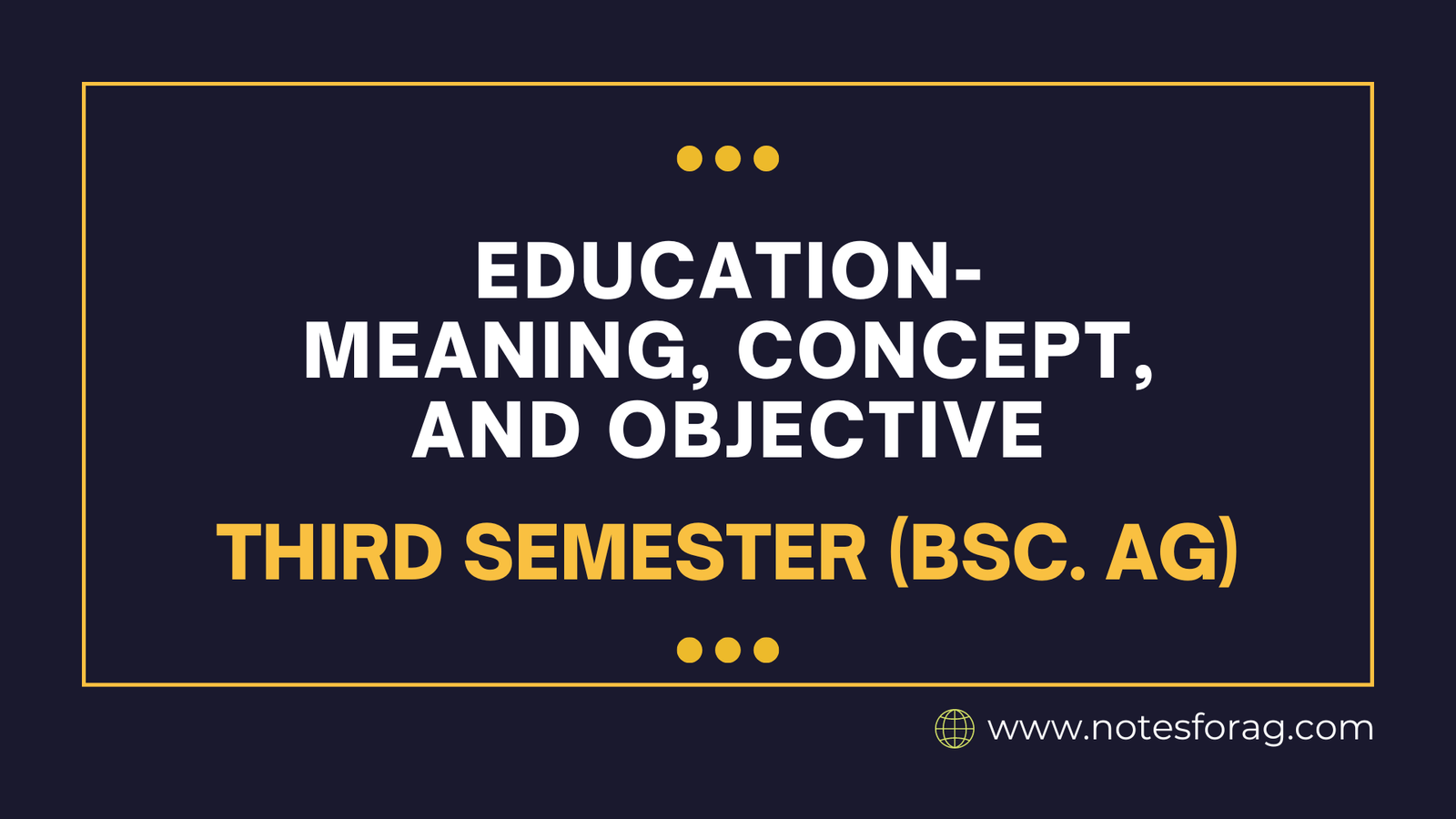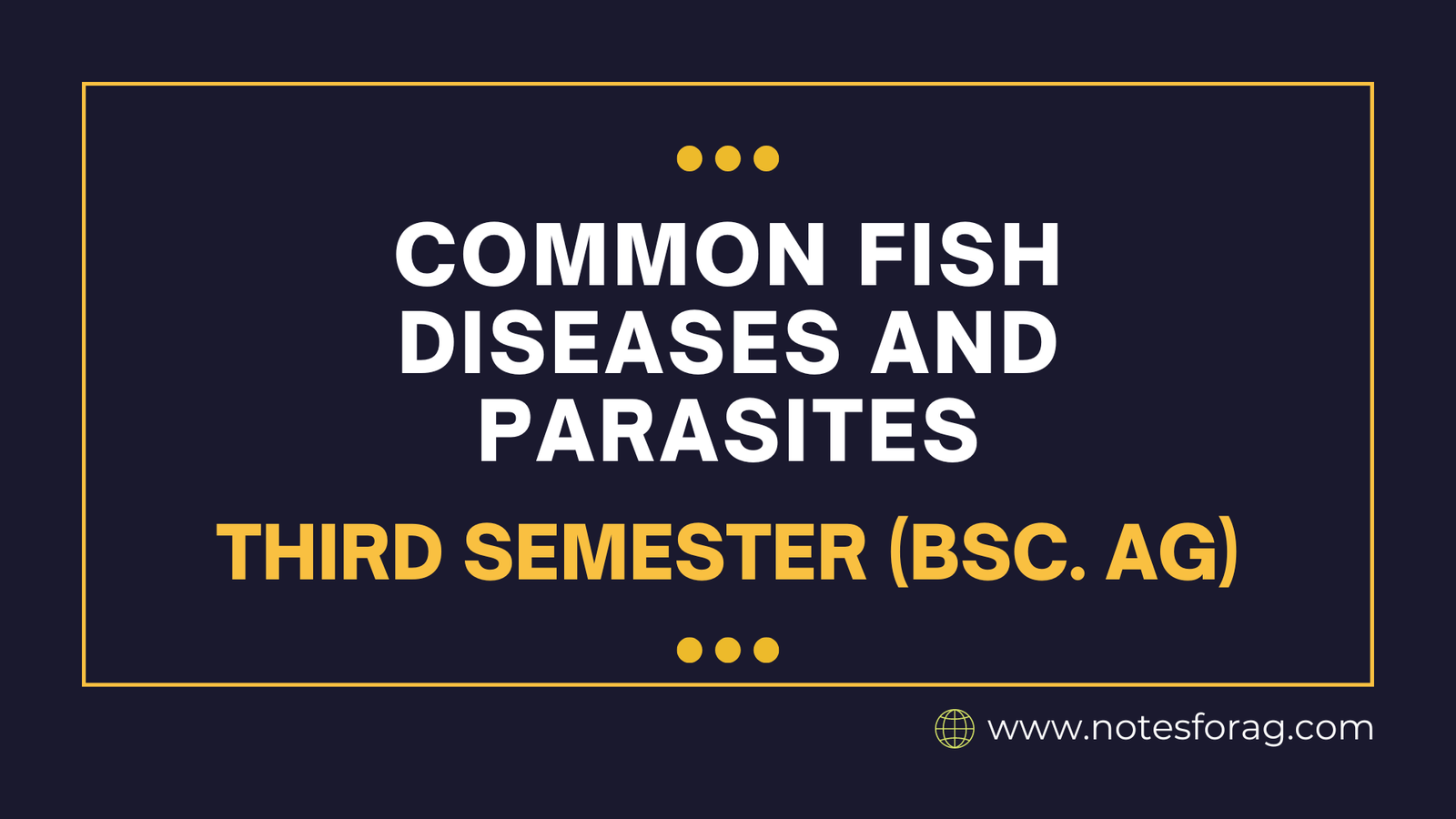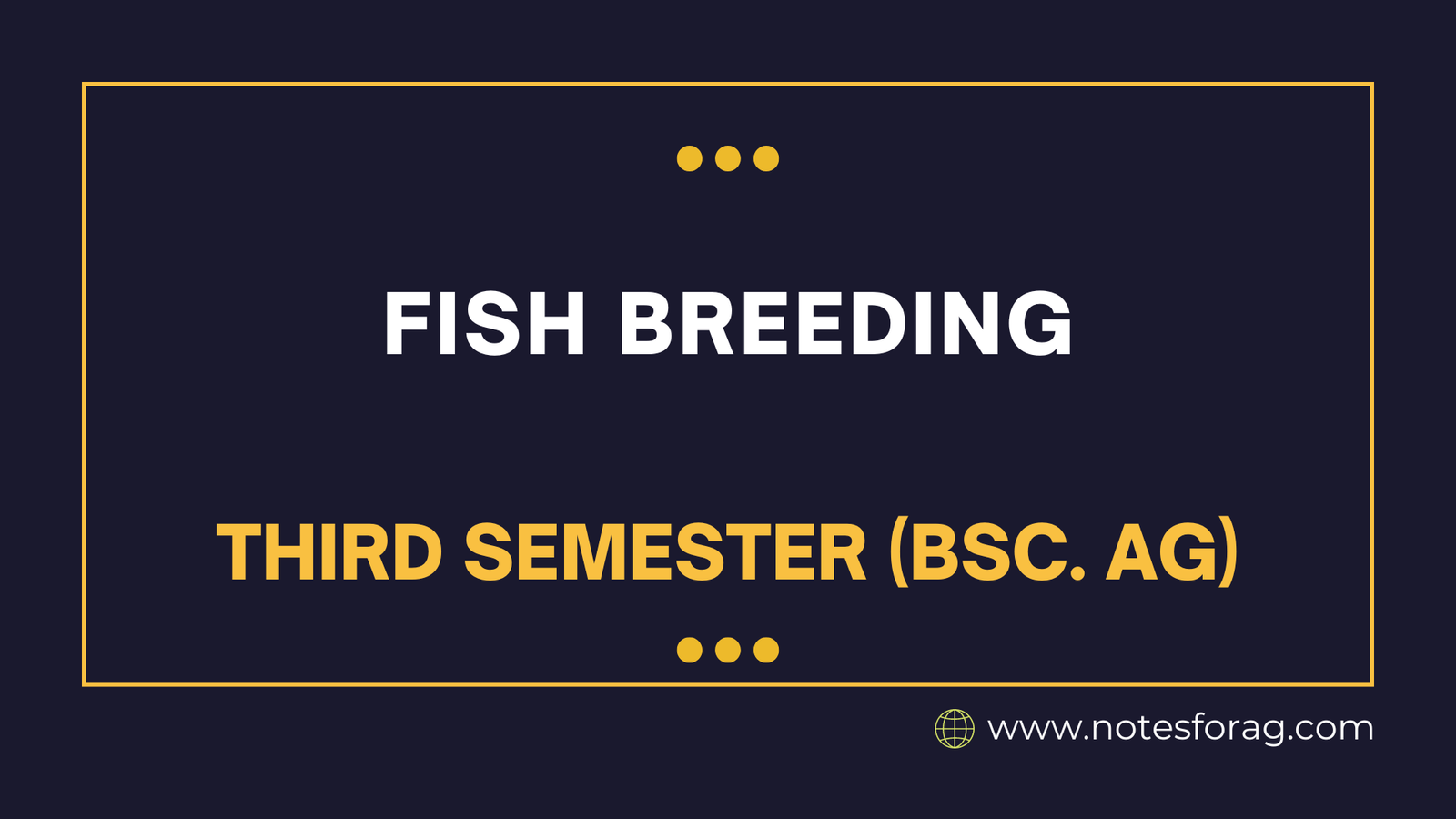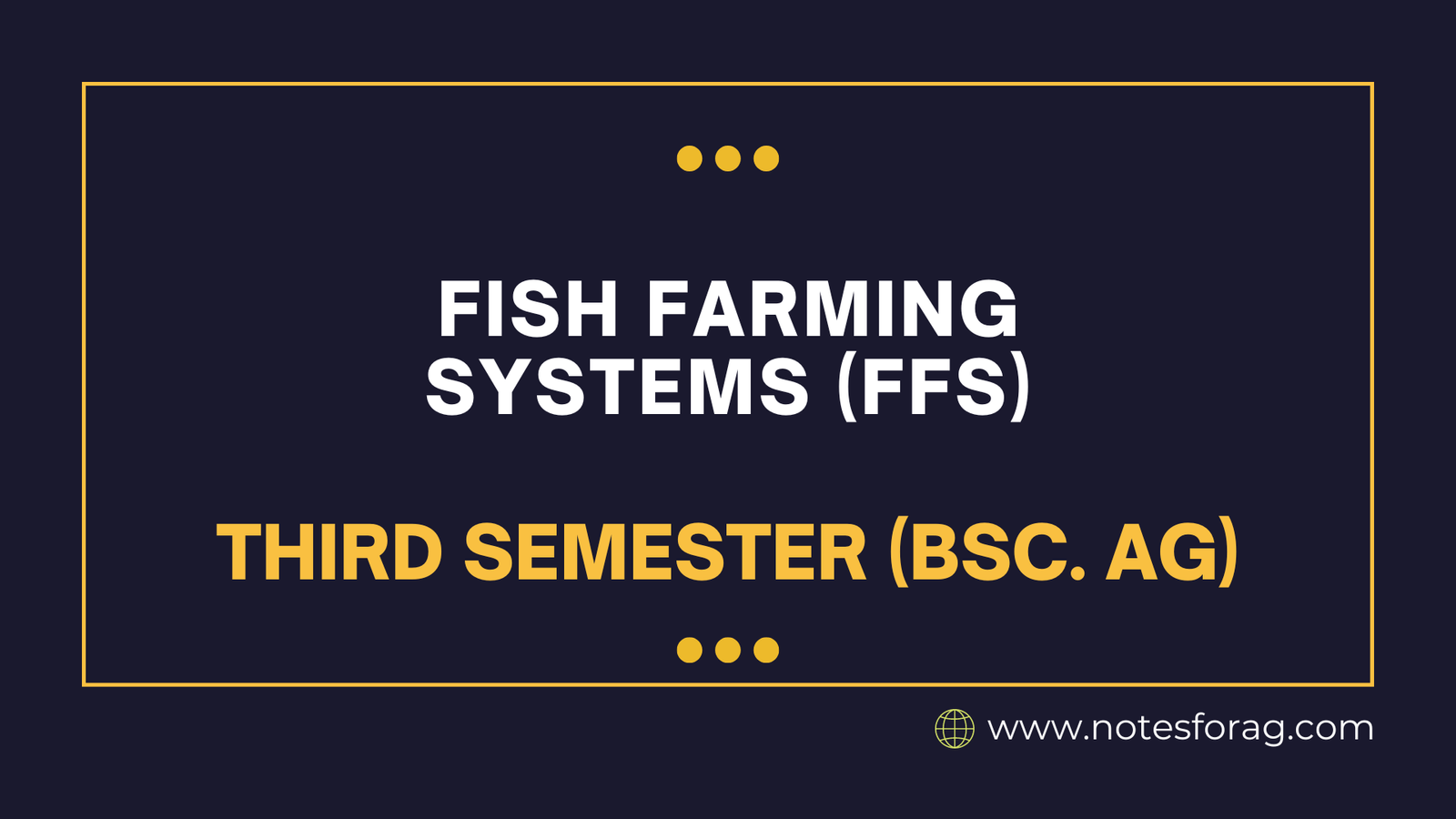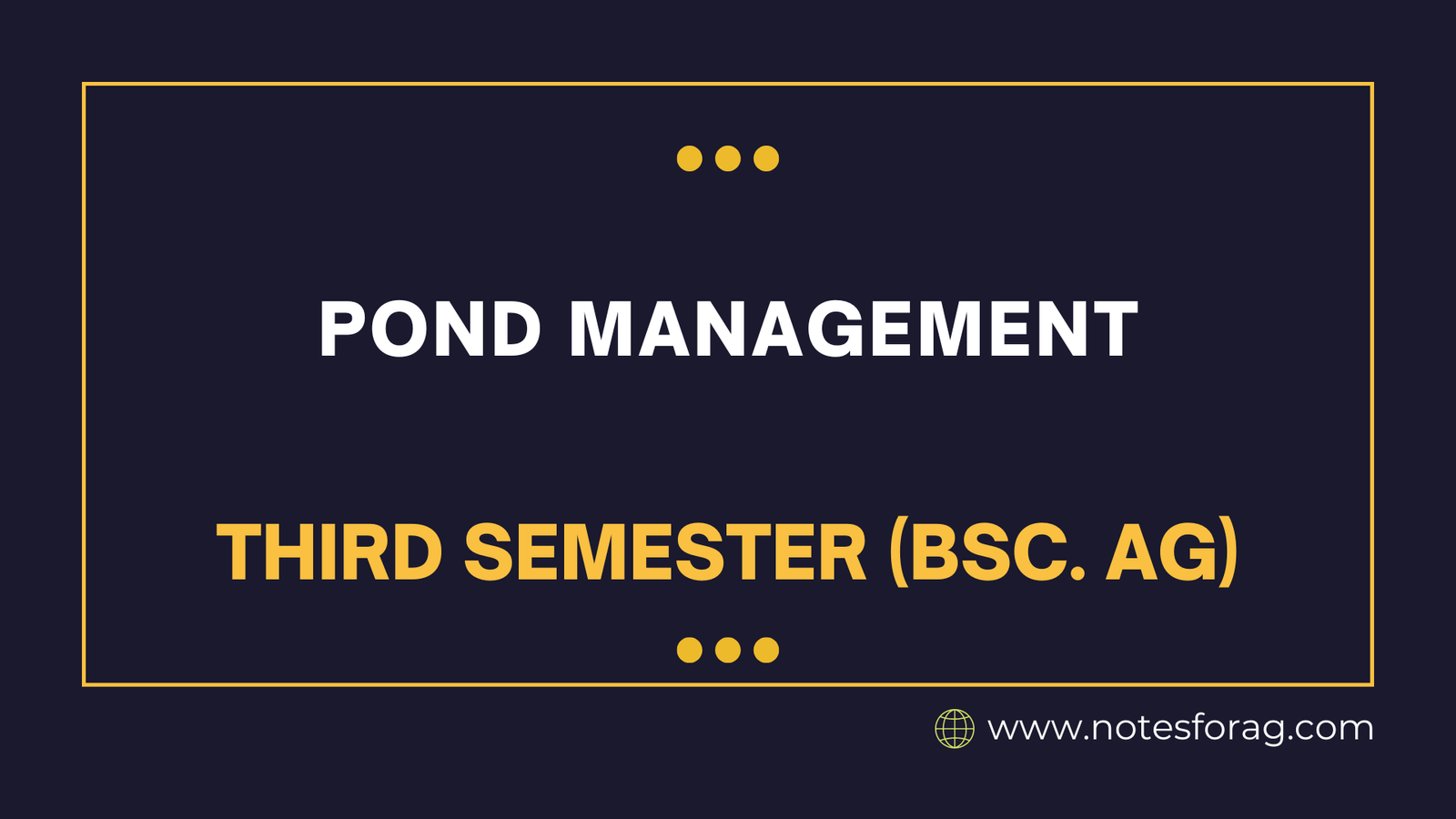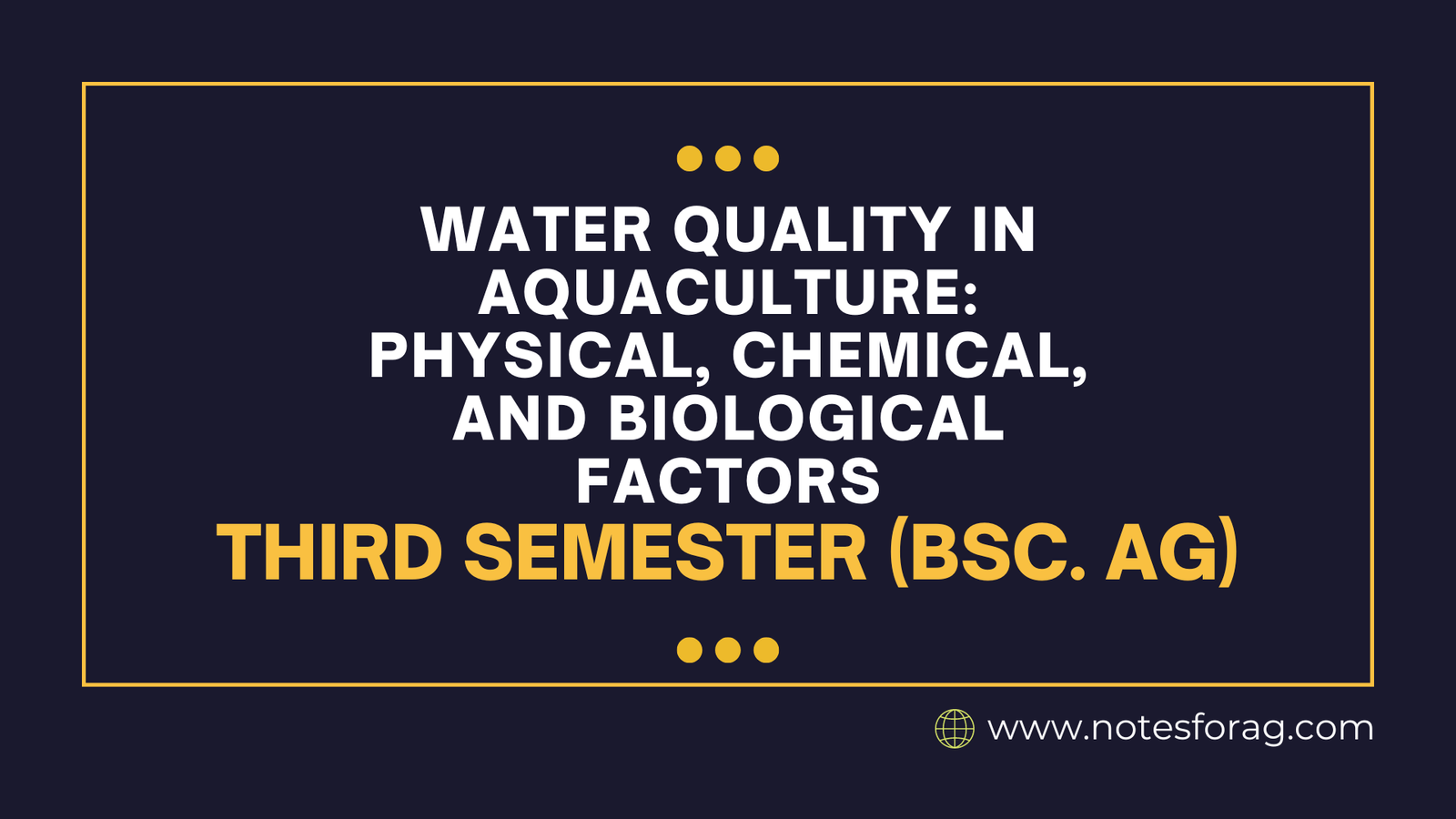Fundamental Concept of Psychology
Psychology studies the mind and behavior, attempting to comprehend how individuals think, feel, and act. It investigates psychological processes such as perception, memory, and decision-making, as well as emotional and social influences on behavior. Psychology strives to understand the intricacies of human experience via the study of various psychological theories and research, and to apply … Read more

